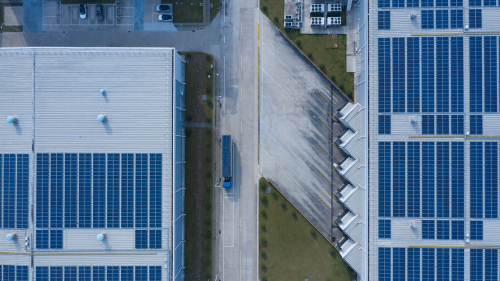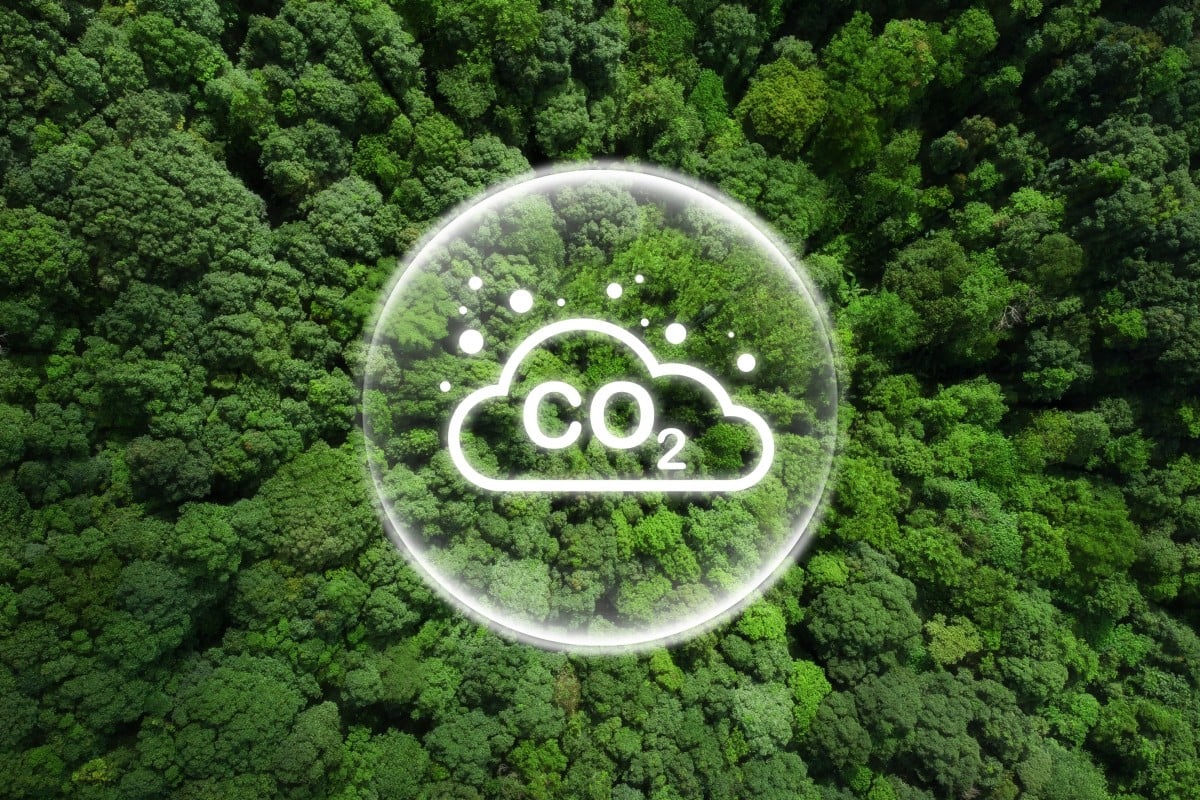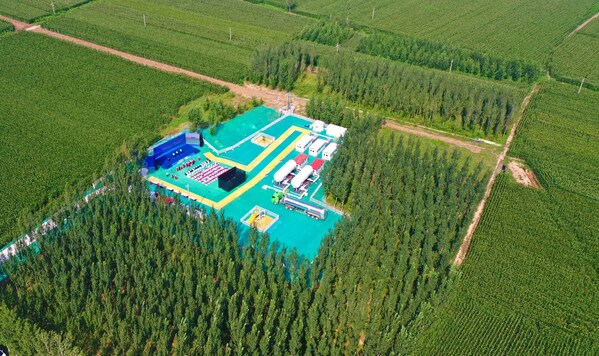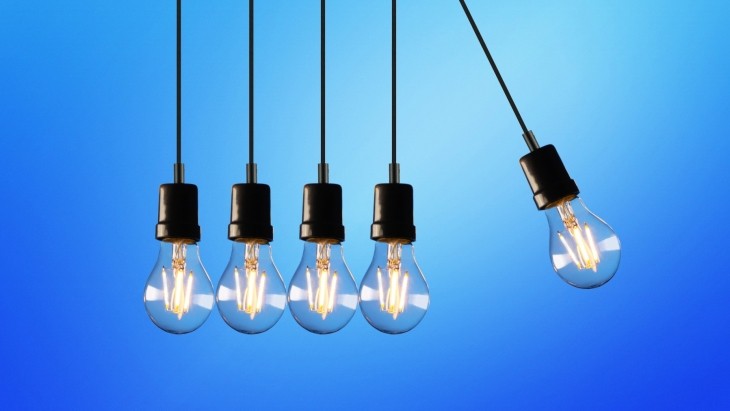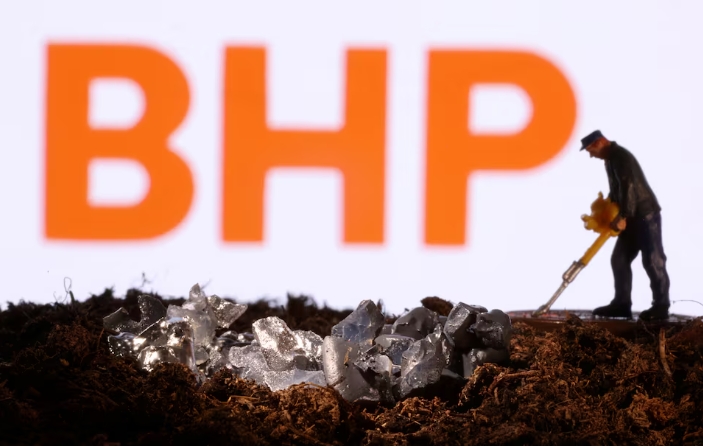
The global mining giant has shortlisted eight companies for the building, operation and fuel supply for at least one such vessel, Rashpal Singh Bhatti, vice president of maritime and supply chain excellence at BHP told Reuters late last week.
However, it has not yet decided on the total number of vessels that it will order and is also assessing costs, technical and safety submissions, Bhatti said.
Ammonia is among several alternative fuels that shippers are considering to reduce carbon emissions, as it does not emit carbon when burned.
However, adoption of ammonia could take time as the industry is also working on safety and infrastructure standards for handling of the toxic fuel.
The world's first ammonia-fuelled ship engines are expected for delivery between late-2024 and early-2025, based on statements by top engine makers MAN Energy and Wartsila.
The proposed ships are likely to refuel ammonia at ports in Australia, Japan and China, Bhatti added.
"Australia is going to be a very strong hydrogen player or a very strong ammonia player. Yara is investing or has invested very heavily in Australia," he said, referring to the Norwegian chemical maker.
"Mitsui, Sumitomo, JERA have invested very heavily in Japan... there is no doubt that China is (also) investing in ammonia... and when they invest, the scale is going to be massive," he added.
BHP also plans to use bio-blended fuels for bunkering regularly to meet Europe's shipping emissions requirements, after conducting more than 30 trials, Bhatti said.
The European Union has extended its emissions trading system to cover shipping to and from Europe.
Shippers can adopt bio-blended fuels to meet the EU's emissions requirements, though these fuels are at a price premium to conventional marine fuel.
"These costs are absolutely shared and passed on to our customers because our customer base is very keen," Bhatti said.
BHP is also using liquefied natural gas to fuel five of its ships.
